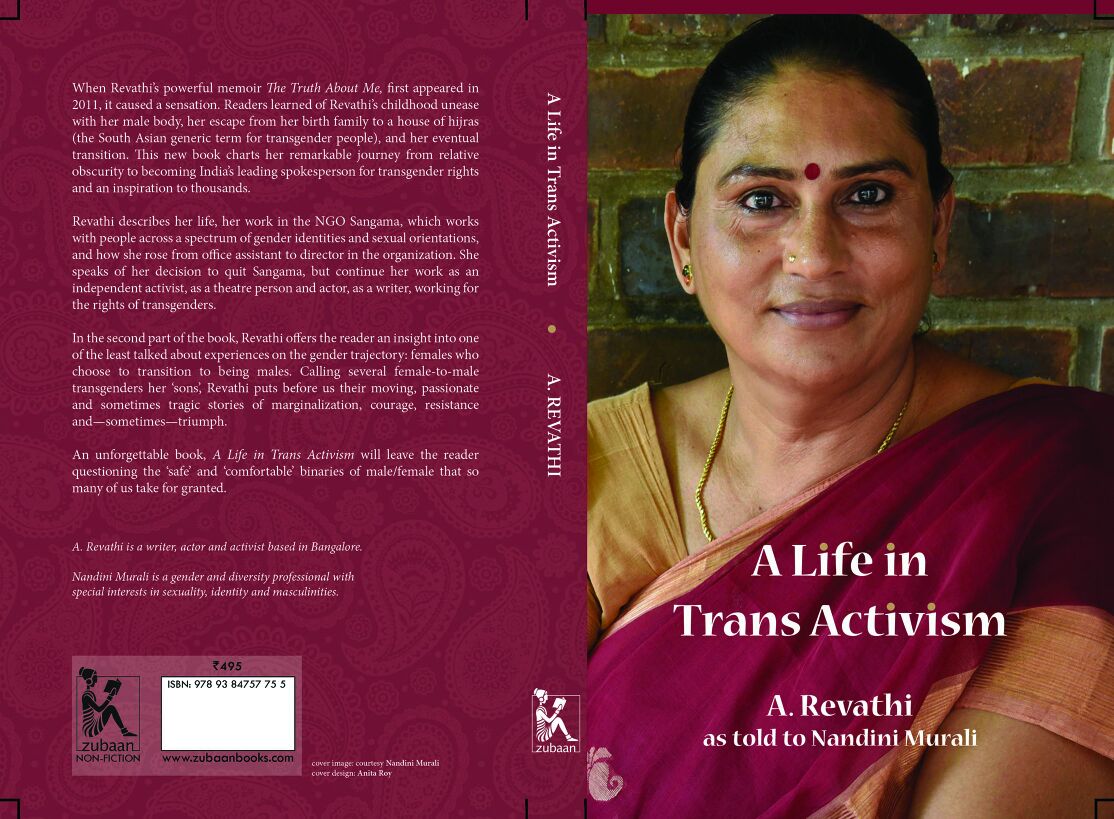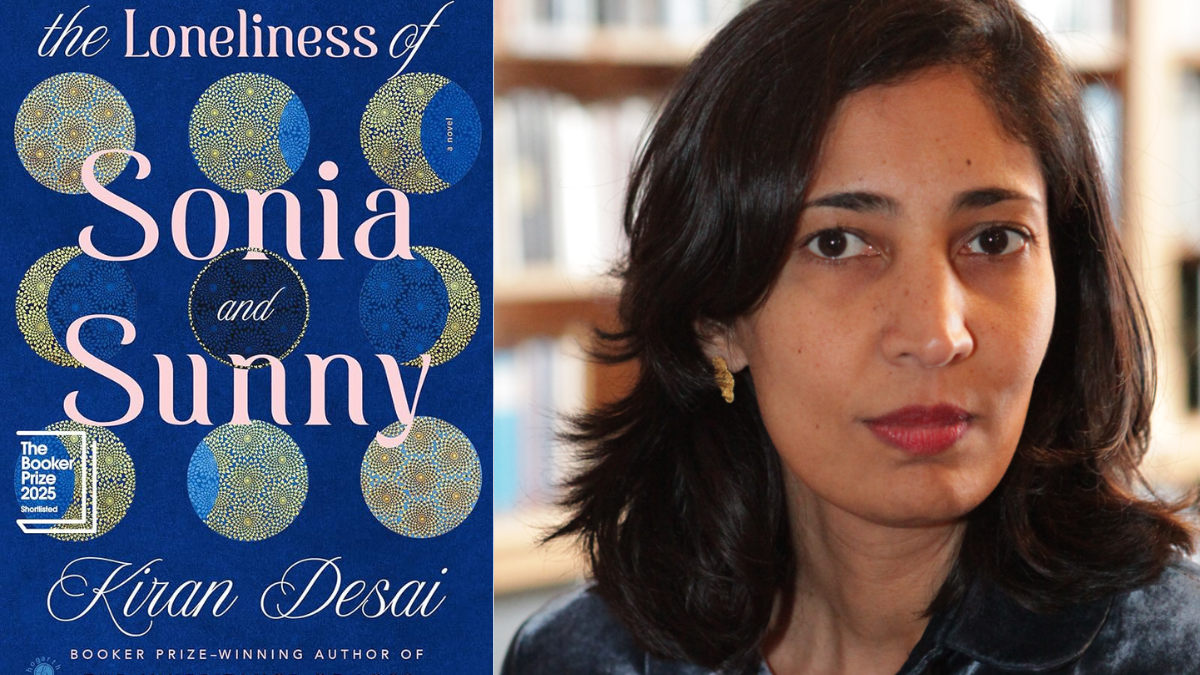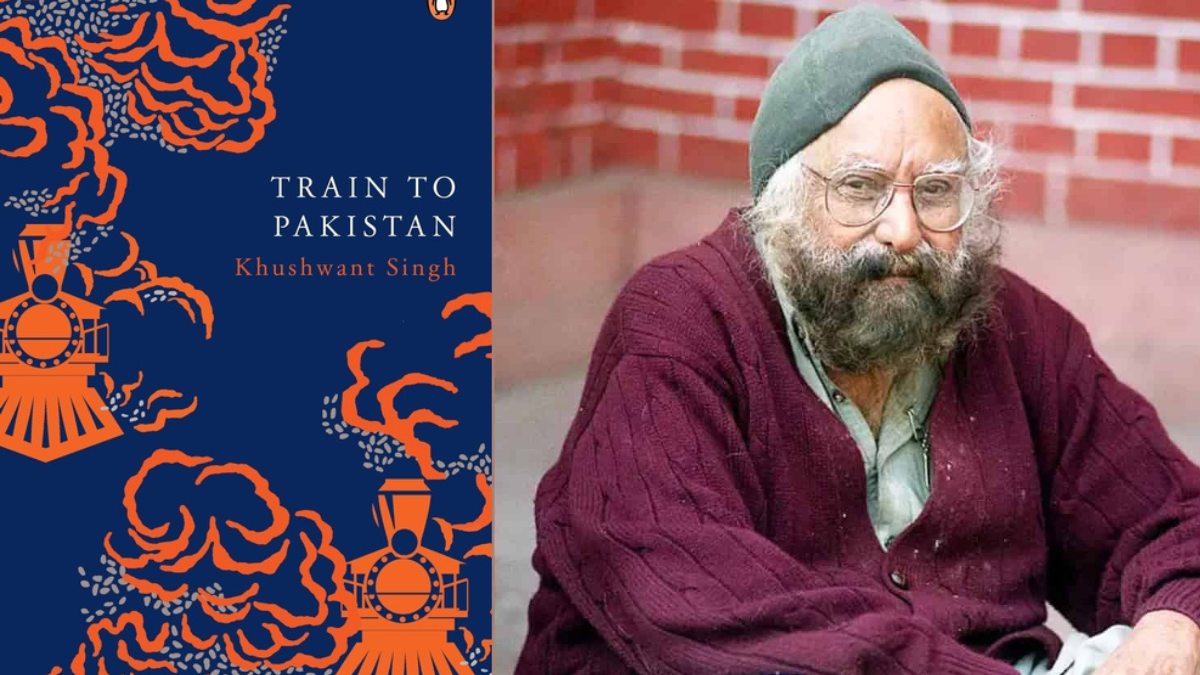When Revathi’s powerful memoir, The Truth About Me, first appeared in 2011, it caused a sensation. Readers learned of Revathi’s childhood unease with her male body; her escape from her birth family to a house of hijras (the South Asian generic term for transgender people), and her eventual transition to being the woman she always she knew was. This new book charts her remarkable journey from relative obscurity to becoming India’s leading spokesperson for transgender rights and an inspiration to thousands.
Revathi describes her life, her work in the NGO Sangama, which works with people across a spectrum of gender identities and sexual orientations, and how she rose from office assistant to director in the organization. Today she is an independent activist, theatre person, actor and writer, and works for the rights of transgender persons.
In the second part of the book, Revathi offers the reader insight into one of the least talked about experiences on the gender trajectory, that of being trans men. Calling several female-to-male trans persons her sons, Revathi puts before us their moving, passionate and sometimes tragic stories of marginalisation, courage, resistance and triumph.
An unforgettable book, A Life in Trans Activism will leave the reader questioning the ‘safe’ and ‘comfortable’ binaries of male/female that so many of us take for granted.
Fear. I was scared to walk on the road for fear of people recognizing me. I was worried someone might mock me while I walked on the road. I was afraid the police might arrest me. I held back from taking the bus because I wasn’t sure who I could sit next to. I was scared to use the public toilet for fear that people might know I was different. I was scared that rotten tomatoes might be thrown at me in the market. I was scared of falling in love for fear of being punished hard. Fear of everything and anything. Why am I so scared? This question haunted me.
Was I afraid because I knew my life would be difficult now that I had become a hijra? Because I was raised as a boy and now wore female clothes? Was it because of the way I lived—cast aside by parents, unrecognized by society, penalized by law and begging or doing sex work for a livelihood? What mistake had I made? Didn’t my mother carry me for ten months like she did my siblings? Why did I have to suffer this fate? Why should I live in perennial fear all my life? Can’t people understand how much I am suffering—I’m like the curd churned by the ladle or the worm burnt in the heat of the sun.
Is there a God at all, one who created us with male bodies but gave us female feelings? Are my parents responsible for this? Am I simply impudent to put on this garb? Who am I? Which gender do I belong to? Is it right or wrong to be like this? Where will I find answers to my questions?
In India, Ardhanareeswara, the half-male and half-female form of Shiva, is worshipped. Why then would such a country abuse hijras? How could those of you who have read the story of Shikandin in the Mahabharatha refuse to understand hijras? Are basic human rights meant only for males and females? Aren’t hijras human enough to enjoy those rights? Aren’t we citizens of this country? Don’t we deserve to get voting rights, passports, driving licenses, ration cards and property rights? How justified is it to say that since I was born a male, I can get access to all these only if I remain a male? Don’t I have the right to reassign my gender identity? Why do you refuse to understand me and my emotions?
I did not purchase these emotions; nor did I borrow them. I was made thus by nature. Respect that. Recognize me as a woman and give me all the rights due to a woman. This plea for equality and human rights for transgender people has been the pivotal point of my transgender activism.
Excerpted with permission from A Life In Trans Activism by A. Revathi, Zubaan. You can buy the book here.
Also read: 15 Books You Must Read To Understand Same-Sex Sexuality In India
About the author(s)
Feminism In India is an award-winning digital intersectional feminist media organisation to learn, educate and develop a feminist sensibility and unravel the F-word among the youth in India.




